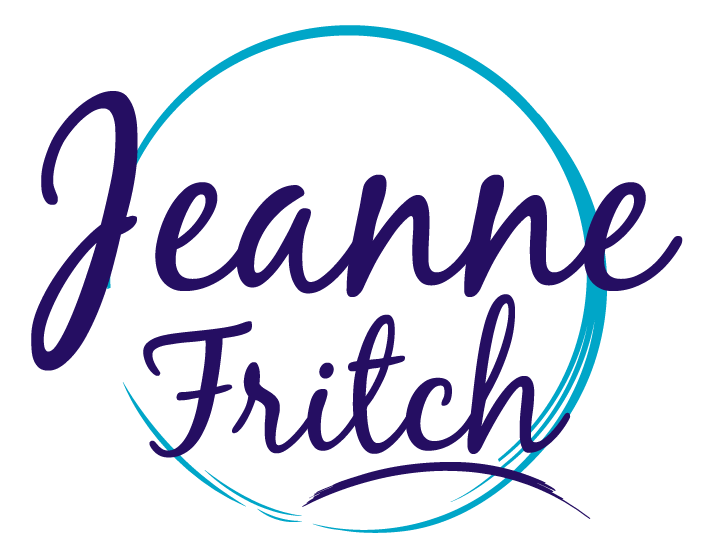Dear Jeanne,
I feel stuck. I know what I want and I am just not attracting it.
I have been through multiple relationships in search of “the one” and I’m still searching for him. Things seem to go along well for a while and then the guy will do something that irritates me or just ticks me off and I am over him in that moment.
There have been times that I have felt bad afterwards (like, I shouldn’t have let something small get in the way of the relationship developing), but most of the time I feel relief rather than remorse.
I have always wanted to meet and marry “the one” and ride off into the sunset together. My own parents split up when I was a teenager and I vowed never to be with anyone who wasn’t perfect for me. The older that I get, the more I question if that is even possible.
Am I destined to be single? It’s not what I want.
* * * * * * * * * * * * * * * * * *
Dear Not What I Want,
I think that it is good to know what you want and to have standards that you won’t compromise. Choosing a life partner should involve a higher level of discernment.
Honing your vision for the perfect partner for you is a good thing to do. Knowing what would be non-negotiable is also a good perspective to own. If there is a “deal-breaker”, it should be something that clearly stands out non-emotionally.
You notice that I phrased that statement “… the perfect partner for you”. Perfection, like beauty, is in the eye of the beholder. What one person finds charming, another can find irritating.
If someone displays a particular trait or habit that interferes with the chemistry between you, I can understand you moving on. Too often though, a rigid stance on adhering to every part of things being perfect might not ever bring you what you most desire: that wonderfully intimate connection.
Perfection is a tricky thing to chase. It is elusive and not a measure that many will ever live up to when held in comparison to an unnatural standard.
You mention your parents’ marriage ending. Do know that perfectionism can mask fear and become a defense mechanism that keeps us from potential hurt. It can prevent us from ever experiencing something great, because people and things have imperfections.
Life-partnerships and great loves are messy. Two, less-than-perfect humans connect with each other and entwine their natural wiring, their family history, and their accumulated emotional experiences to embark on creating the perfect relationship together. Contemplate that for a moment – as that is the reality that lives behind the search for the perfect partner.
Navigating all of these things CAN produce a perfect creation of two, perfectly imperfect beings in a life-long love. That requires knowing what you want, having common and shared values, a good amount of chemistry present, and the capacity to “park the past” when it attempts to interfere with the now.
The past being parked means that you have really gotten to root causes for incidents and fears and have chosen to leave them in the past. This allows you to plant seeds in the now that create newly in the direction of your ideal future. For many, working with a professional who does family trauma work can be beneficial in uncovering why we have a tendency for fear or hesitation in an area (such as perfectionism).
Being clear on what is truly important in a partner is also an important step. I often encourage my clients to make a list of their needs and their wants – helping them to differentiate the “non-negotiables” from the “would also be great ifs”. This is a very beneficial exercise and I encourage you to do this for clarity, as a higher level of clarity can produce a values-driven relationship which will feel wonderfully perfect to you.
Trusting yourself in choosing a partner will occur when you are present and confident in who you are and what you truly want. Trusting yourself will result in you allowing people to show up as themselves and in appreciating them for their specific gifts.
This is a huge part in the creation of relationships that withstand time and appear to others as “perfect”. The acceptance of others and allowing them to be who they were created to be is one of the greatest of human virtues and contributes to the best of life-long partnerships.
As always, do reach out for any clarification.
Much love to you,
Jeanne

